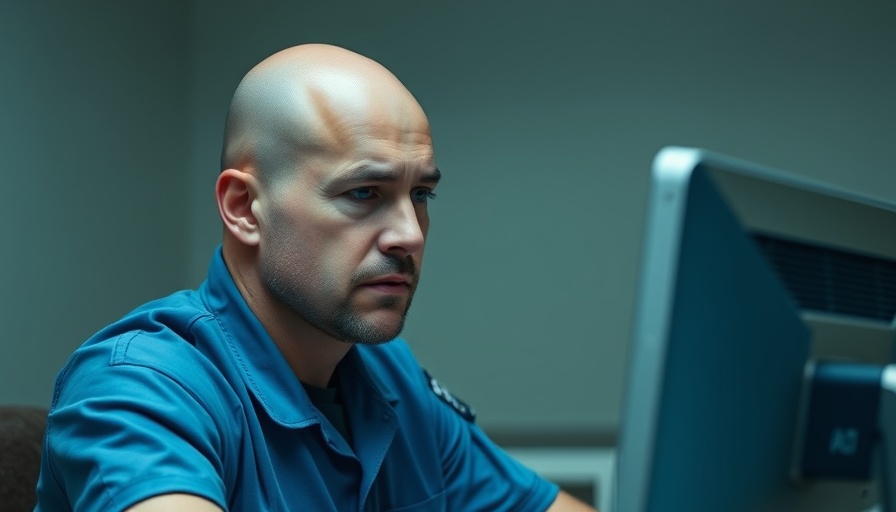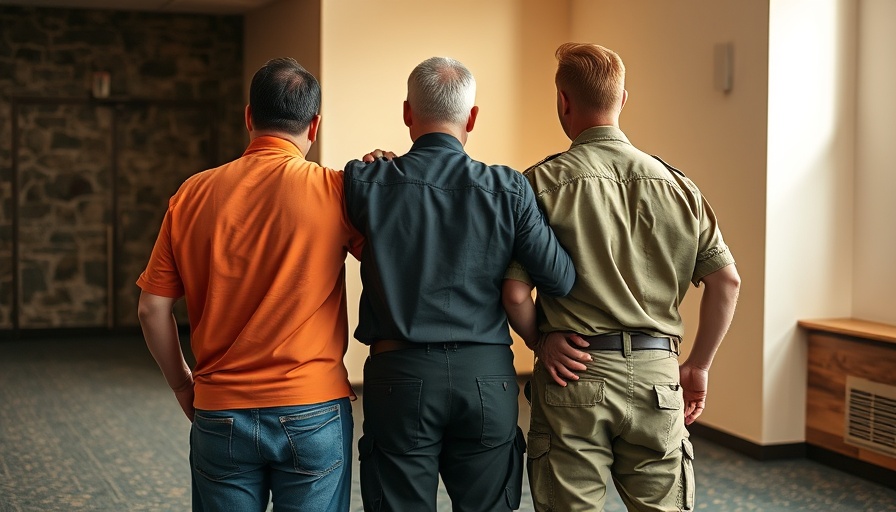
A High-Profile Case: The Menendez Brothers Denied Parole
In a recent development that garnered national attention, Lyle Menendez has been denied parole just one day after his brother Eric Menendez faced the same fate. The Menendez brothers, who made headlines in the early '90s for the brutal murder of their parents, continue to be at the center of public debate regarding justice, rehabilitation, and the consequences of their actions.
The Case's Historical Context
Back in 1989, the shocking crime committed by Lyle and Eric Menendez drew widespread media coverage, igniting discussions surrounding domestic violence, mental health, and the influences of upbringing. The brothers claimed that they had been victims of relentless abuse from their parents, using this narrative as a defense during their trials. Their story captivated the nation, alongside findings from psychological evaluations that suggested they had suffered significant emotional trauma.
Legal Ramifications
The Menendez brothers were sentenced to life in prison without the possibility of parole in 1996. However, as they reach middle age, their attempts to secure parole have become a focal point of public interest. Legal experts argue that the passage of time could influence perceptions of their rehabilitation, but the horrific nature of their crimes still weighs heavily against them in the eyes of the justice system.
Public Reaction and Opinions
The reaction to their parole denials has been mixed. Some continue to believe the brothers deserve a second chance, emphasizing the potential for rehabilitation and change over decades of imprisonment. Others, however, argue that the severity of their crimes should preclude any possibility of parole, highlighting the emotional impact on their victims. This dichotomy of opinion showcases the ongoing complexity of the case.
What It Means for Rehabilitation and Justice
As debates on criminal justice reform and rehabilitation continue to unfold in Southern California and beyond, the Menendez case serves as a potent symbol. Critics of the prison system argue for more nuanced approaches to evaluating rehabilitation. The repeated denials of parole for high-profile inmates like the Menendez brothers may also spark conversations about how society balances accountability with the potential for second chances.
Future Predictions: What Lies Ahead for the Menendez Brothers?
Going forward, many wonder if the Menendez brothers will ever see a day outside of the prison walls. Their case has highlighted a variety of issues within the prison system, as well as broader themes of forgiveness and justice. As they face more parole hearings in the future, societal attitudes towards violent criminals, especially those with claims of being victims themselves, may also continue to evolve.
Emotional Connections to the Story
The narrative of the Menendez brothers evokes a deep emotional response across various demographics. Young adults, especially from Southern California, may find themselves torn between empathy for the brothers' claims of abuse and the horror of their actions. This intersection of sympathy and repulsion encapsulates a critical question: can we understand the roots of violence without excusing it?
Takeaway: Understanding Rehabilitation in Context
The Menendez case raises vital questions about our justice system. For many, it illustrates the often harsh reality that crimes can overshadow pleas for understanding or rehabilitation. As we navigate evolving discussions about rehabilitation, it remains crucial to consider the circumstances that lead to such tragic events and how society can constructively address these issues.
As you think about the complexities of rehabilitation and the justice system, consider engaging with the ongoing discourse around criminal justice reform. Together, we can promote a more informed and empathetic society.
 Add Row
Add Row  Add
Add 




Write A Comment